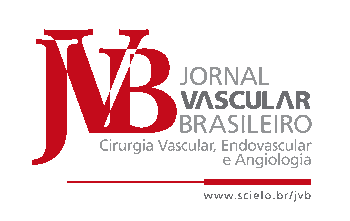CONTEXT: Chronic feet and leg ulcers affect about 2.7% of the Brazilian population, 10% of diabetic patients. The condition represents the second most frequent cause of absence from work in Brazil. This shows the need for a product that promotes healing of these wounds at a low cost. OBJECTIVE: To evaluate the effects of metronidazole on ulcer healing by second intention. METHODS: Eighty male rats divided into two groups of 40 had a wound made on their dorsum. The control group was treated with a 0.9% NaCl solution and the experimental group was treated with 4% metronidazole. On the third, seventh, 14th and 21st days, the healing process was assessed through macroscopical, histological and immunohistochemical parameters. RESULTS: Collagen concentration was higher in wounds in the experimental group in all samples. Concentration of type I collagen was also significant on the 7th (p = 0.020) and 21st (p = 0.016) days. Concentration of type III collagen was similar in both groups in the initial phase, but it was higher in the experimental group on the 21st day (p = 0.005). Angiogenesis, assessed with anti-CD34, revealed a larger number of vessels in the experimental group, with a significant difference on the third (p < 0.001) and 14th (p = 0.003) days. CONCLUSION: Metronidazole contributes to healing wounds by second intention and stimulates collagen production and angiogenesis.
Wound healing; metronidazole; physiological neovascularization; collagen; rats




